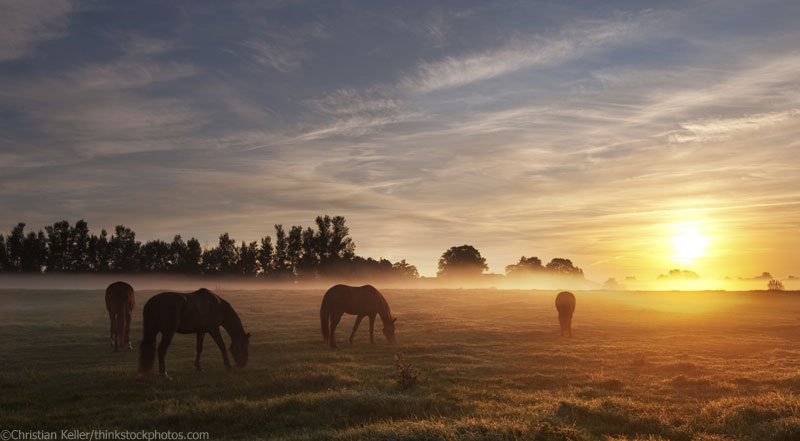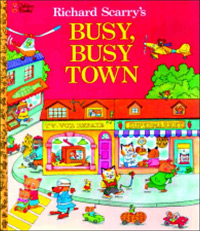
Horse farm life…so peaceful and idyllic. And then the work begins.
The requests, too good to be true, seemed to peak around July. As the sweaty and strenuous weeks of hay season approached, our phone began to ring. Friends from comfortable homes in coastal Connecticut and Boston begged to come visit the farm for a few days, assuring us they would be nothing if not helpful during this busy time. What they had not yet learned was that city dwellers and farm labor rarely mix in a helpful combination.
For the few realistic enough to recognize that manual labor is rarely as much fun as it appears in movies, farm chores still held the prospect of a wholesome, fortifying detox from urban life. It seemed to promise the simple, mind-clearing rhythms that edified an individual against the hurried and noisy existence of populated places.
As the tractors rumbled in slow motion mowing our fields in pillowed rows for baling, city friends arrived with suitcases from far off locations. We served them sun tea on the porch and watched fireflies ignite the quiet night sky with magical flashes.
Our visitors slept that first night with their windows wide open inhaling the earthy sweet smell of cut grass and clean air and then awoke to a pancake breakfast with homemade jams and syrup. Between bites, they told us how lucky we were to have this lifestyle, this blissful rural life that was already clearing their senses in short order. They looked like peaceful Bodhisattvas over their plates of buckwheat pancakes.
Then we put them to work. Staggering to keep pace stacking hay bales, they sent their hearts in to an anaerobic zone. Within hours, their backs clenched in spasms, their knees hurt. Their hands blistered around baling twine.
By the following morning, moods had shifted. Euphoric sighs and smiles were replaced with grunts and nods over coffee mugs. Nobody mentioned the luckiness of rural life. Our visitors had awoken feeling neither fortified nor wholesome. They felt plain broken. They were tired and sore and faced another day exactly like the last, the relentless physicality and exposure to weather crushing their spirits. By now, a few of our visitors were felled by allergies—hay, hornets, pollen. Fisting their burning eyes, they asked what other tasks besides hay they might do, assuring us they still planned to be helpful.
We weighed this optimism against the realities of the other undesirable tasks they might do: shovel manure, scrub slimy water troughs, or dig fencepost holes under a hot sun. But usually by this point, we re-considered whether we should just send them home before their view of farm life was completely tarnished.
Ever grateful for an extra pair of hands, we also nurtured an unspoken responsibility to not ruin a city slicker’s idealistic notion of rural life. After all, it was through an urbanite’s unrealistic rosy view of our farmsteads that validated why and how we chose such a hard existence day after day. Didn’t we, too, still want to believe in the romance? The wholesomeness? Didn’t we want to uphold some thread of delusion about the sweetness of this lifestyle?
In the end, we assured them they had helped enough already. We handed them more sun tea and ushered them to the porch, watched as they sat back and soaked up their version of clean, blissful farm living.






I Love small farm life, not for someone that doesn’t want to work hard for long periods. Heck even I want to quit sometimes.
nothing like stacking 80 lb grain bags to make a grown man cry.
I didn’t care for this article, seemed to be too much snobbery from the “farm folk”. I know a lot of “city people” who could out work any farm hand. I’m not from the city nor am I from the country, but a happy mix. We raise our cattle, horses and chickens plus full time jobs.
Once they get to the farm, the enthusiasm is over. They wear white or light colored clothes, so do not want to get dirty. The cows poo and stink. The horses are not just for saddling and riding. The goats need milked and the eggs need collected. There is the feeding, watering and manure dispersement, of which they are all less than enthusiastic about. The hay makes them itch and they can’t remember how to run the lawn mower. Yup, I don’t mind the visit, but I’ll see you this winter.
Sounds like my everyday work.
Visitors always want to help groom the horses and milk the goats. Grooming means lightly brushing and milking means squeezing a few drops of milk out. Occasionally someone actually knows how to work!